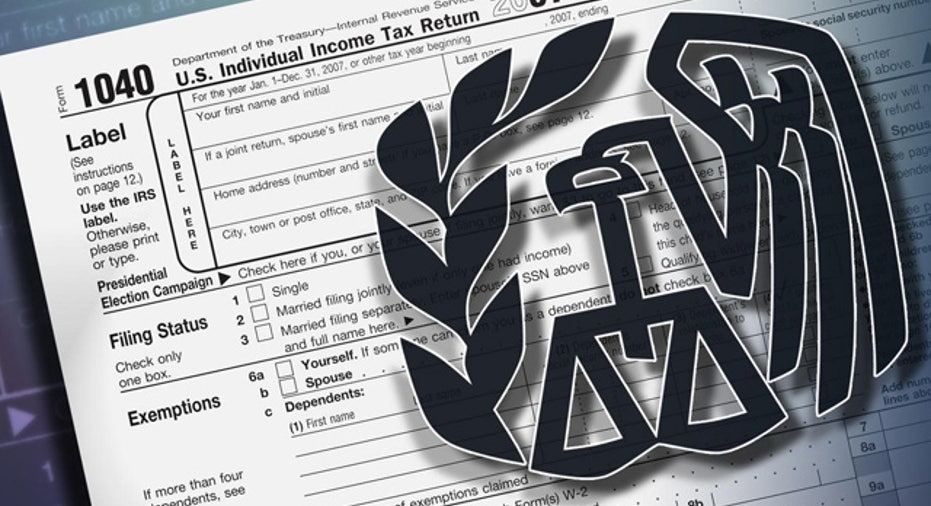Tax Tips for Recent Grads

Congratulations grads, you made it! You just finished your education and are ready to head into the work world.
Are you ready?You probably remember that the Magna Carta was signed in 1215, but like me, you might be hazy on why it was issued That, and all the other academia that fill your head, arent going to be terribly important anymore unless youre at cocktail party hosted by college professors.
Unless you went to a very enlightened school, you were not taught topics like: how to get and maintain credit, how to buy real estate, how to file your tax return, how to balance a checking account or how to create and stick to a household budget. Topics I call real life.
Lets face it, youre about to begin a new phase of education entitled School of Hard Knocks.
Let me illuminate the subject of taxes. Dont cry Ewwwwwww! like youre going to the dentist. Its all about keeping most of your money in your own pocket. Did your eyes light up at that?
One of the first things you will discover, if you havent already, is that when an employer tells you youll be making $30,000 per year, youre really only going to be able to spend and save about $24,000 of that amount - maybe less.
Uncle Sam and your local state government will enjoy the rest. You will have deductions for income tax, Social Security (6.2% to fund your retirement), Medicare (1.45% to help pay medical bills when you are old and infirm), state income tax (if you live in a state that levies one), and possibly a state disability tax (which may come in handy if youre off work due to a long illness or injury). And so it should be. After all, youre an adult now and member of an elite club: The United States of America. And you must pay your dues to be in the club. Its time for you to chip in to pay for highways and bridges, national parks, bombs and fighter jets. And you will kick down to help the needy through government programs such as free health insurance, programs for the disabled and welfare. Those budgets are paid for with your tax dollars.
The government can get hold of quite a bit of your money through income taxes, sales tax, property tax, sin tax (no, not syntax, were talking about tax on alcohol and cigarettes), gasoline tax, excise tax, luxury tax. Im sure I missed a few.
Help! Were drowning in taxes.
So heres the thing: As a loyal American, you want to pay your fair share, but no more. You want to bleed a little, not hemorrhage. Here are a few tips to avoid any expensive, mind-numbing surprises on April 15:
1. Go to the IRS Web site and check out Publication 17. Its pretty close to 300 pages long, so go to the index and look up topics that relate to your particular situation. For example, if you pay a mortgage, check out the section on itemized deductions to see what you can deduct to reduce your tax bill. Scout out the site in general to find tax tips that might help you. Read the section on taxable income so you know what else besides your wages you are expected to report and pay taxes on. Educate yourself on this important topic.
2.Youve heard about being able to write off donations, medical expenses and vehicle registration fees among other items if you have enough to itemize deductions. The IRS gives you a standard deduction which allows a blanket credit for these items. In order to itemize deductions, you must have more to write off than the amount allowed for a standard deduction ($5,700 if you are single). All kinds of rules apply, so again, go to Publication 17 and check it out.
3. If you are planning to be self employed, consult a tax pro. Everything from entity selection to organizing your books and records, to finding out the rules for what you can deduct can be explained to you by a competent professional. A little tax planning is in order as well. Since you will not be getting a regular paycheck where taxes are withheld, you may be required to make estimated tax payments.
4. If you go to work for The Man, you will have to fill out a Form W4 where you tell your boss how much tax to withhold. Complete the worksheet to determine how many allowances to take. Basically, it boils down to this: The greater the number of allowances you declare, the less they take out in taxes. So if you indicate zero, the maximum amount will be withheld. Dont mark down 100 for a fatter paycheck or you will have that mind-numbing surprise on April 15.
Coming up next week: more tax tips for the recent graduate
Bonnie Lee is an Enrolled Agent admitted to practice and representing taxpayers in all fifty states at all levels within the Internal Revenue Service. She is the owner of Taxpertise in Sonoma, CA and the author of Entrepreneur Press book, Taxpertise, The Complete Book of Dirty Little Secrets and Hidden Deductions for Small Business that the IRS Doesn't Want You to Know, available at all major booksellers. Follow Bonnie Lee on Twitter at BLTaxpertise and at Facebook.



















